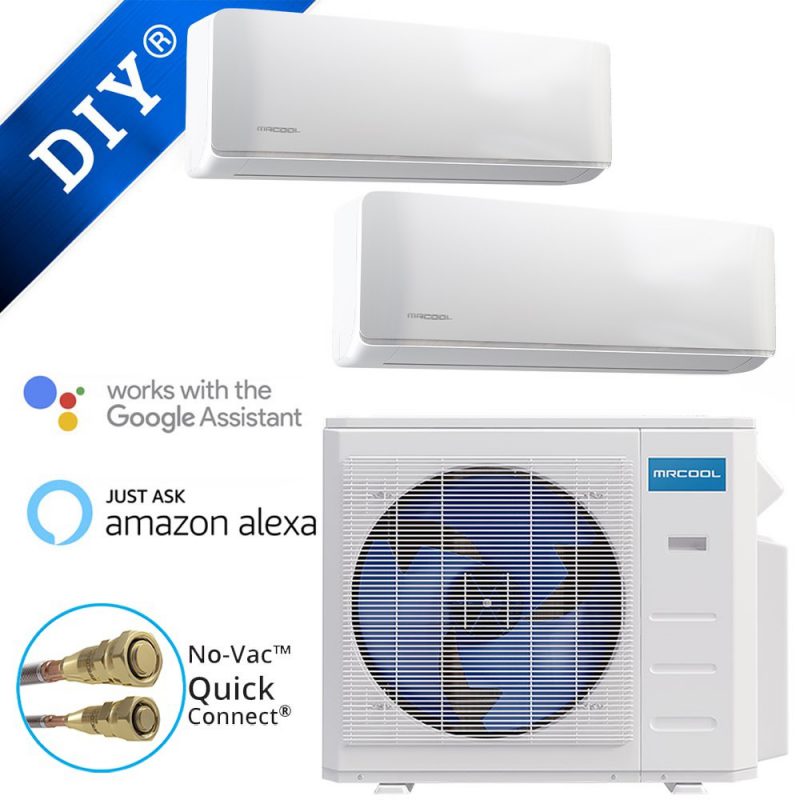Blog
What Does a HVAC System Do?
In 2022 the market value of HVAC suppliers was 136 billion. These critical systems support our homes, businesses, and industrial buildings. If you’re wondering what an HVAC system is, or what they do, this article is for you.
What Does HVAC Stand For?
HVAC stands for heating, ventilation, and air-conditioning.
What Does an HVAC System Do?
An HVAC system is responsible for keeping your home at a comfortable temperature and well-ventilated. HVAC systems often consist of both a furnace or central heating unit to keep the building warm, and an air-conditioning unit to keep it cool.
How Should You Maintain an HVAC System?
You can maintain an HVAC system and extend its functionality by scheduling regular maintenance from a professional. It takes an expert to identify and repair minor problems in an HVAC unit before they become serious.
Heating Systems (Furnaces and Heat Pumps)
Winter is the season that tests heating systems, so maintenance should be scheduled for late summer or fall, so any repairs can be done before the winter.
Air-Conditioning
Spring and early summer are the times to schedule maintenance of air-conditioning systems, especially in climates where they haven’t been active for months because of winter.
How Do you Know if You Need a New HVAC System?
You should contact HVAC suppliers if your unit is breaking down frequently, or if your energy costs are rising.
You should replace air-conditioners and heat pumps after 10 years, or if they are rated 10 SEER or less. You should replace a furnace if it is 15 years old or older, or if it has an AFUE rating of 80% or less.
How Much Does a New HVAC System Cost?
You need to contact HVAC suppliers for a precise estimate because systems vary according to geography and climate, as well as the size of your home and the quality and durability of the system you choose.
Can You Save on Energy Costs with an HVAC System?
Yes. The average family in the U.S. spends $2,000 every year on their energy bills, with 50% of that going toward keeping the house cool or warm. Newer HVAC systems are more efficient, with the average family seeing savings of more than $500 a year with an upgrade. In many cases, there are even environmental rebates and tax breaks available for reducing both your energy costs and your carbon footprint. Contact us for more information on all things HVAC.


